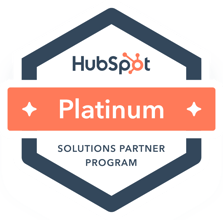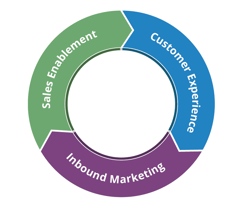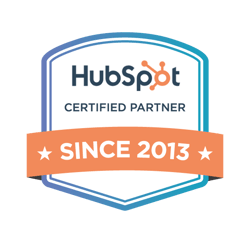SEO, which stands for Search Engine Optimization, is a process aimed at improving a website's visibility and ranking in search engine results pages (SERPs). In today's digital age, where search engines are the primary method for people to discover information, products, and services, SEO plays a crucial role in attracting organic (non-paid) traffic to websites. The goal of SEO is to optimize various aspects of a website to make it more search engine-friendly and enhance its chances of ranking higher in relevant search queries. By implementing SEO strategies, website owners and marketers can increase their website's visibility, drive more targeted traffic, and ultimately improve their online presence.
To improve search rankings, it's essential to focus on optimizing your website's on-page elements. On-page SEO involves optimizing various elements within your website to make it more search engine-friendly and relevant to the targeted keywords. These are the things that you, as a marketer, can control about your website, so this is the best place to start with optimizing your website for search. Here are 7 key on-page SEO updates you should consider:
-
Keyword Optimization: Identify relevant keywords related to your content and incorporate them naturally into your page titles, headings, meta descriptions, URL structures, and throughout the content itself. However, avoid overstuffing keywords, as it can negatively impact your rankings.
-
High-Quality Content: Create informative, engaging, and unique content that adds value to your target audience. Ensure your content is well-structured, easy to read, and includes relevant keywords naturally. Content that answers users' queries and provides comprehensive information tends to perform better in search rankings.
-
Meta Tags Optimization: Craft compelling meta titles and descriptions for each page using relevant keywords. Meta tags provide concise summaries of your page content and can influence click-through rates from search engine results pages (SERPs).
-
URL Structure: Use descriptive and concise URLs that include targeted keywords. A clean URL structure helps search engines understand the context of your page and improves user experience.
-
Header tags: Utilize header tags (H1, H2, H3, etc.) to structure your content and signal the importance of different sections. Include relevant keywords in your headings to provide further context to search engines.
-
Image Optimization: Optimize your images by using descriptive file names and alt text. This helps search engines understand the content of the images and can improve visibility in image search results.
-
Internal Linking: Establish internal links within your website to connect related content. This helps search engines discover and understand the structure and hierarchy of your website. It also helps users navigate between different pages, increasing user engagement.
Remember that while on-page optimization is crucial, it should be complemented by other SEO techniques such as off-page optimization (e.g., link building, social media marketing) and technical SEO (e.g., website speed, mobile-friendliness). A comprehensive approach to SEO will yield the best results in improving search rankings.
If you're interested in implementing an SEO strategy or looking to improve your current SEO strategy, we invite you to schedule an inbound marketing consultation with our team.


.png?width=80&height=80&name=diamond-badge-color%20(1).png)





.png?width=250&name=diamond-badge-color%20(1).png)
